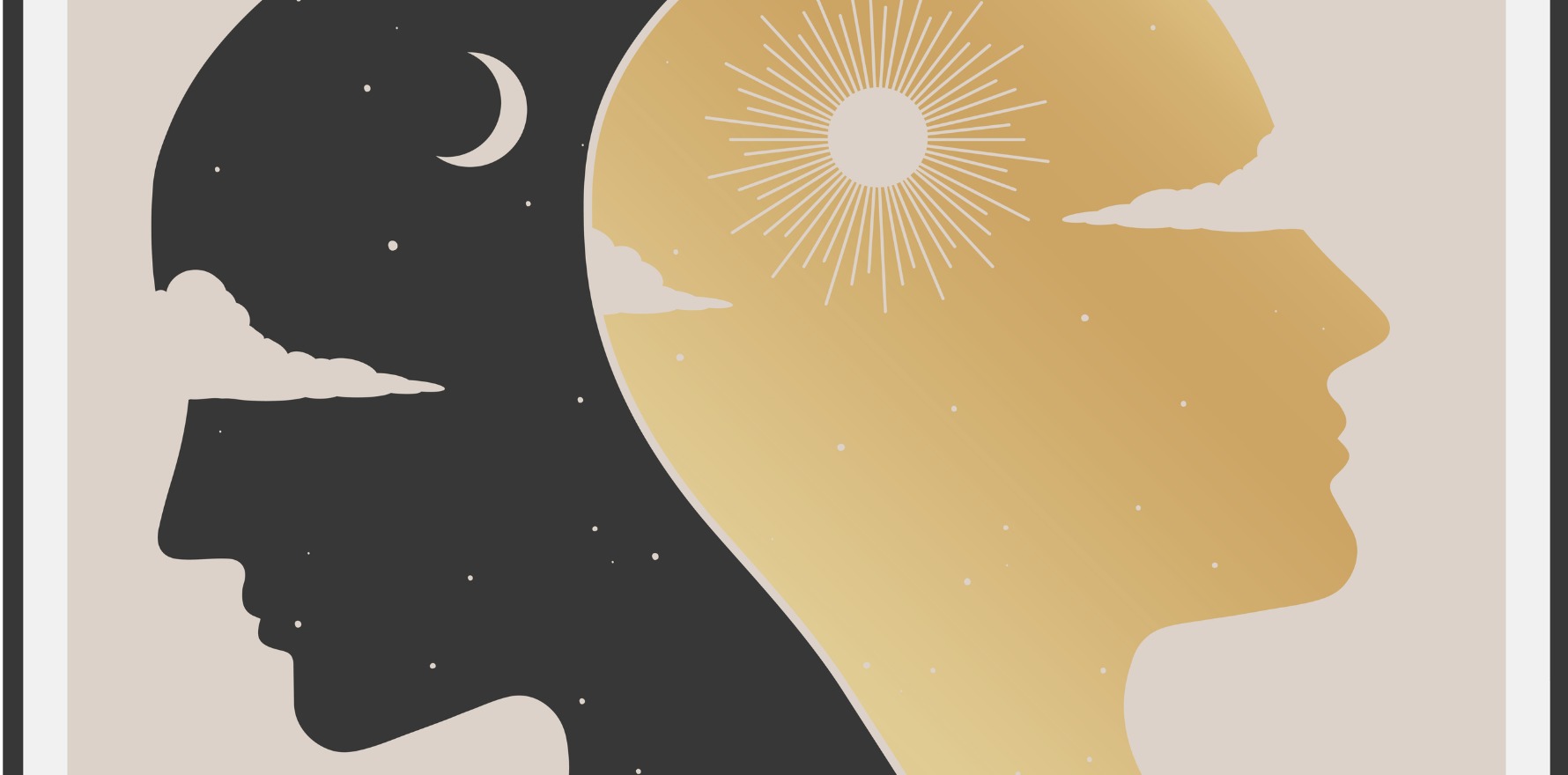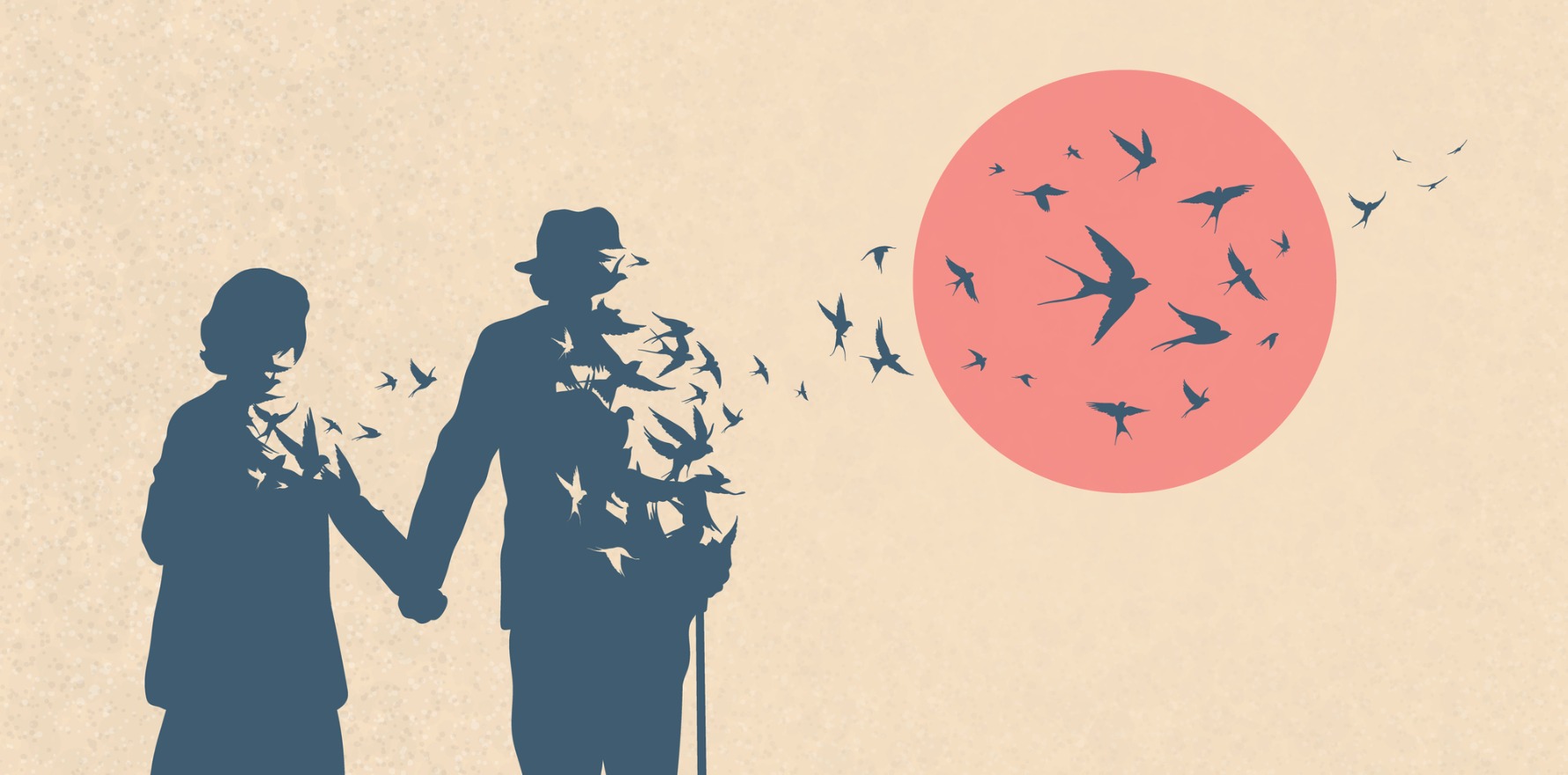Abortion may be the health issue dominating the state’s election debate, but dying is the ‘one universal that directly impacts us all’, says Go Gentle founder.
Voluntary assisted dying has been labelled the “sleeper issue” in Queensland’s upcoming election, after research finds that almost two-thirds of Queenslanders would be more likely to vote for a candidate who committed to protecting the state’s VAD laws.
With Queenslanders set to vote in the state elections at the end of this week, contentious topics are the forefront of discussion.
New to the table: voluntary assisted dying.
VAD was legalised in Queensland on 1 January 2023.
Less than two years later, leader of Katter’s Australian Party, Robbie Katter, has said he hopes to see the laws repealed, ahead of the upcoming election.
It remains unclear where the Liberal National Party – which remains the current frontrunner – stands on the issue, with leader David Crisafulli refusing to respond to questions on how the party would react to a private bill to repeal the laws.
In response, former LNP minister Jann Stuckey – who is currently battling recurrent pancreatic cancer – said the threat to VAD was “valid and real”.
“If they get the majority that I think they’re going to get, we are in really dangerous waters,” said Ms Stuckey.
In a phone survey run by Essential Research on behalf of charity Go Gentle Australia earlier this month, 55% of Queenslanders surveyed said that they would be less likely to vote for a political candidate who would overturn the state’s VAD laws.
Around 64% said they would be more likely to vote for a candidate who committed to protecting the laws.
Go Gentle’s founding director Andrew Denton labelled VAD “the sleeper issue in this election campaign”.
“Termination of pregnancy has been the conscience issue dominating the debate, but dying is the one universal that directly impacts us all,” he said.
“Queenslanders fought hard for this end-of-life choice – they will not idly stand by and see that freedom taken away.”
The survey found that support for VAD was highest among women (80%), Labor and Greens voters (both 83%), the non-religious (88%) and those aged 55 and over (81%).
Essential Research’s executive director Peter Lewis said the survey results showed that VAD had the potential to “influence votes, particularly of older Queenslanders”.
“People supporting these measures and opposed to reversing the laws are twice as likely to say this will influence their vote,” he said.
“The results suggest that voters want candidates to be up front with them about their position on VAD before election day.”
Speaking to The Medical Republic, North Queensland GP Dr Harry Jacobs – an authorised VAD practitioner – said the VAD laws had helped provide certainty on what was and was not legal in end-of-life care.
“[It] was a great reassurance for us clinicians, particularly people who are patient centered,” he said.
“This is not about your own personal moral views or ethical views.
“This is about respecting the patient’s views about their end-of-life care.
“This LNP grandstanding, [brings] a tremendous amount of uncertainty as to what’s going to happen.”
With the potential of a hung parliament as Labor gains in the polls, the concern is that the LNP may need to get the likes of Mr Katter onside to gain power, said Dr Jacobs.
“It’s cheap political gamesmanship [from the LNP],” he said.
“I think it’s very disrespectful for political parties not to put their views forward and be voted for or against, depending on the views they put forward.”
Related
Speaking on his experiences as a VAD practitioner, Dr Jacobs said that all the assessments he had performed had been “pretty clear cut”, involving patients with well-documented, chronic, progressive, terminal diseases, with full familial support for the VAD process.
“Everyone thinks about [VAD] as [relating to] cancer,” he said.
“But for a significant minority of people, it’s about other progressive degenerative diseases that shorten your life, that cause suffering.
“A couple of the patients I’ve assessed have had motor neuron disease and are very adamant and very certain that this is the way they want to end their lives, not in a very slow, gradual, sort of miserable end of life.”
The Queensland election is scheduled for 26 October.





